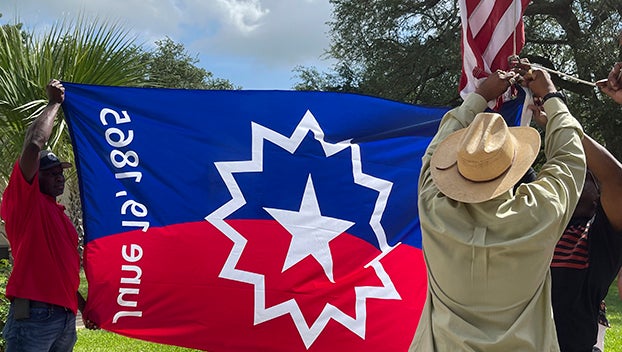Porn law: Next time, we should get it right
Published 8:29 am Wednesday, April 25, 2018
An appeals court’s action last week in striking down Texas’ “revenge porn” law has been met with quick judgment and some doubling down by those who would seek a reversal.
The state Attorney General’s Office says it will lead an effort to overturn the ruling, although the ruling only applies to the 17 Northeastern Texas counties where the 12th Circuit Court of Appeals reigns mighty.
What attorney general could resist such a cause? Lose in court, and the court will be condemned. Win in court, and you’re a lion. Either way, you’re politically and socially on the side of the angels.
“Revenge porn” — posting nude or semi-nude photos on line to embarrass a former spouse or lover — is loathsome on its face. Who does such things? Online sites created to maximize a victim’s embarrassment by disseminating the photos, sometimes with additional, identifying information is more loathsome.
But kneejerk reactions to the court’s ruling don’t advance anyone’s cause. Immediate reactions to the appeals court ruling may have been hasty.
Consider that the law may have been written and passed in white heat to address what was believed to be a quickly spreading social problem. Fair enough: The internet has accelerated what we know to be “real time” and injuries to internet victims can be rapid, repetitive and widespread while those victims seek relief by means that are painstakingly slow.
But the law was not meant to be written, honed and reviewed in anything like internet speed. Creating and passing law is meant to be a measured, thorough process. The appeals court in Tyler perceived what it said were flaws in the law. The court may be right.
The state argued it has an interest in protecting people who reasonably believe images of themselves, still and video, will be kept private. But 12th Circuit Chief Justice James T. Worthen, a judge of 20 years, sees an overreach in the law:
“We have concluded that Section 21.16(b) is an invalid content-based restriction and overbroad in the sense it violates rights of too many third parties by restricting more speech than the Constitution permits,” he wrote.
The law is vague, the court ruled. Third parties might unknowingly pass along material without knowing the circumstances that would restrict its dissemination, yet, under this law, could be found at fault. Content in the photos might be embarrassing but not necessarily obscene.
In short, the court ruled, the law “discriminates on the basis of content,” and content-based speech restrictions are few and defined. The court ruled it could not add to those.
Surely, “revenge porn” is wrong. So are restrictions on established rights. The court’s ruling suggests if lawmakers want effective law, they should take the time to draft and pass it.




